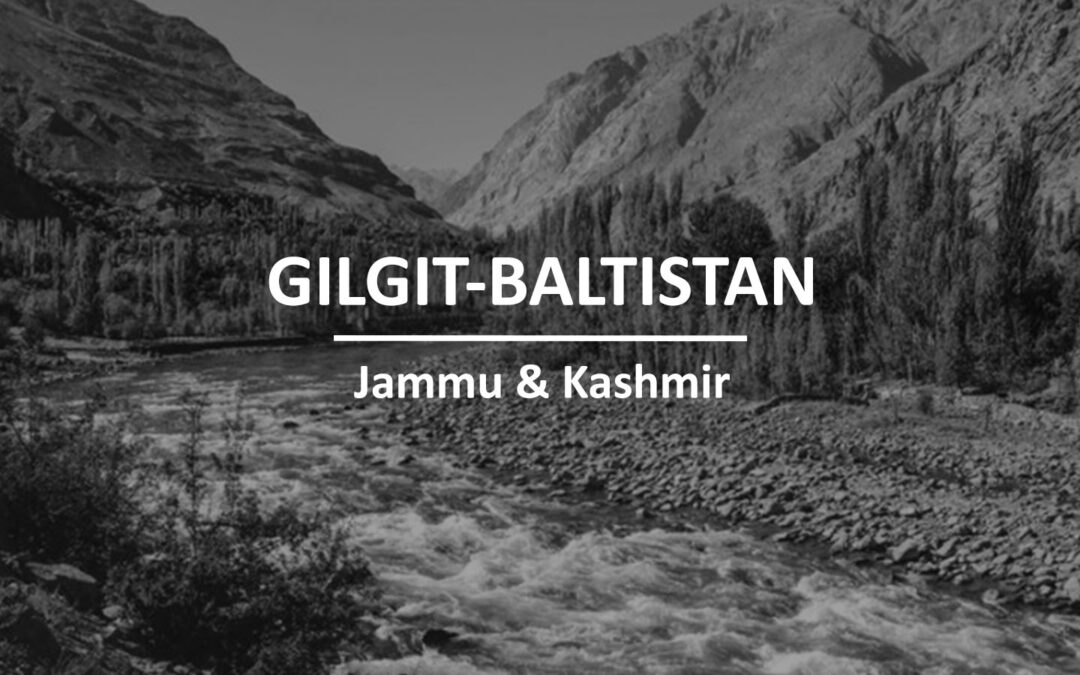The main demand of the people of Gilgit-Baltistan is constitutional status for the region as a fifth province of Pakistan. However, Pakistan claims that Gilgit-Baltistan cannot be given constitutional status due to Pakistan’s commitment to the 1948 UN resolution. In 2007, the International Crisis Group stated that “Almost six decades after Pakistan’s independence, the constitutional status of the Federally Administered Northern Areas (Gilgit and Baltistan), once part of the former princely state of Jammu and Kashmir and now under Pakistani control, remains undetermined, with political autonomy a distant dream. The region’s inhabitants are embittered by Islamabad’s unwillingness to devolve powers in real terms to its elected representatives, and a nationalist movement, which seeks independence, is gaining ground. The rise of sectarian extremism is an alarming consequence of this denial of basic political rights”. A two-day conference on Gilgit-Baltistan was held on 8–9 April 2008 at the European Parliament in Brussels under the auspices of the International Kashmir Alliance. Several members of the European Parliament expressed concern over human rights violations in Gilgit-Baltistan and urged the government of Pakistan to establish democratic institutions and the rule of law in the area.
In 2009, the Pakistani government implemented an autonomy package for Gilgit-Baltistan, which entails rights similar to those of Pakistan’s other provinces. Gilgit-Baltistan thus gains province-like status without actually being conferred such status constitutionally. Direct rule by Islamabad has been replaced by an elected legislative assembly under a chief minister. The 2009 reform has not satisfied locals who demand citizenship rights and it has continued to leave Gilgit Baltistan’s constitutional status within Pakistan undefined; although it has added to the self-identification of the territory. According to Antia Mato Bouzas, the PPP-led Pakistani government had attempted a compromise between its official position on Kashmir and the demands of a population where the majority may have pro-Pakistan sentiments.
There has been criticism and opposition to this move in Pakistan, India, and Pakistan-administered Kashmir. The move has been dubbed a cover-up to hide the real mechanics of power, which allegedly are under the direct control of the Pakistani federal government. The package was opposed by Pakistani Kashmiri politicians who claimed that the integration of Gilgit-Baltistan into Pakistan would undermine their case for the independence of Kashmir from India. 300 activists from Kashmiri groups protested during the first Gilgit-Baltistan legislative assembly elections, with some carrying banners reading “Pakistan’s expansionist designs in Gilgit-Baltistan are unacceptable”. In December 2009, activists from nationalist Kashmiri groups staged a protest in Muzaffarabad to condemn the alleged rigging of elections and the killing of an 18-year-old student.
Read more on History of Jammu & Kashmir
*The content above has been entirely copied from Wikipedia, a globally recognized free online encyclopedia, for the sheer purpose of sharing knowledge. Phuro Innovations (OPC) Private Limited is not responsible in any ways for the mentioned facts and figures.


Recent Comments